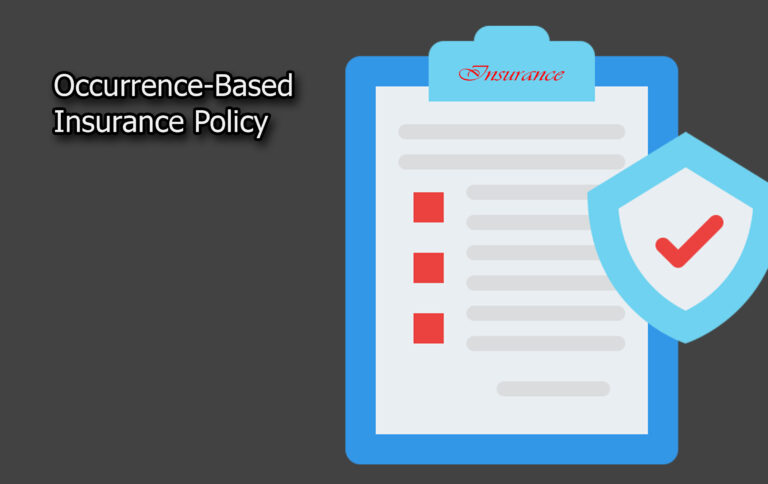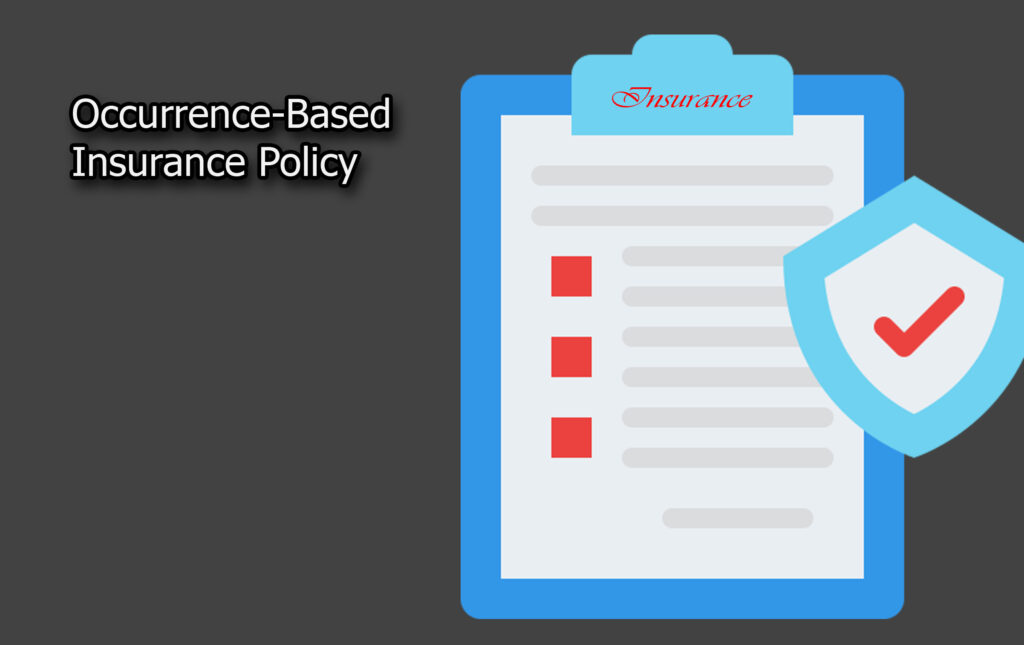
Occurrence-Based Insurance Policy – In insurance, policyholders often face decisions about which policy structure best suits their long-term needs.

Among the numerous types of liability insurance, occurrence-based policies stand out for their long-term coverage features. These policies offer protection for events that happen during the policy period, regardless of when a claim is actually filed.
This makes this insurance a valuable and sometimes essential tool for professionals and businesses that want lifelong protection from liability for actions taken while the policy was active.
The idea behind occurrence-based policies is simple but powerful: once you’re covered, you’re covered for life for any incidents that happened during the policy period.
Even if a claim arises years later, even after the policy has expired or been canceled, you’re still protected as long as the incident occurred while the policy was in effect.
What is an Occurrence-Based Insurance Policy?
An occurrence-based insurance policy provides coverage for incidents that happen during the policy period, even if the claim is filed after the policy has ended.
Furthermore, this structure provides permanent protection for covered incidents that occurred while the policy was in effect. For instance, if a doctor treats a patient in 2001 under an occurrence-based policy.
And the patient files a malpractice claim in 2006 after the policy has ended, the claim is still covered because the incident occurred during the policy period.
Advantages of Occurrence-Based Insurance
An Occurrence-based policy provides immense benefits, especially for professionals and businesses who want long-term peace of mind without having to manage extended reporting endorsements or tail coverage. Here are some of the advantages of this insurance model:
Lifelong Coverage for Covered Incidents
Once a policyholder purchases an occurrence-based policy. They’re covered for life for incidents that happen during the policy period, even if claims are filed years later.
No Need for Tail Coverage
With claims-made policies, once the policy ends, the tail coverage, which is an add-on for post-policy claims is often required. Hence, the Occurrence-based policies eliminates this need.
Simplicity in Claim Handling
Claims are handled based on when the incident occurred. This makes record-keeping and determining coverage more straightforward, especially for businesses with rotating coverage providers.
Limitations and Considerations
Despite the benefits it offers, occurrence-based insurance may not be the perfect solution for every business or professional. There are other important limitations and considerations to keep in mind before choosing this policy type. They are:
Higher Premiums: Because of the long-term commitment, occurrence-based policies typically come with higher annual premiums compared to claims-made options.
Frequent Policy Changes: Businesses that frequently change insurers may find it difficult to manage various occurrence-based policies over time, especially when tracking which provider covers which time frame.
Potential for Coverage Gaps: If a policyholder switches from an occurrence-based policy to a claims-made one without proper alignment, coverage gaps can arise for claims filed after the switch.
Common Industries and Professions That Use Occurrence Policies
There are certain professions and industries that are more likely to use occurrence-based coverage. And this is due to the long-tail nature of potential liability claims. Some of the common examples:
- Medical Professionals: Doctors, dentists, and nurses benefit from lasting protection in the event of delayed malpractice suits.
- Legal Professionals: Errors or omissions may result in lawsuits years later.
- Construction Contractors: Defects or injuries from construction work may not surface immediately.
- General Liability for Small Businesses: Protects against customer injury or property damage that could be reported long after the fact.